7171 signatures: help us get to 7600!
Science, as well as various national regulations, have been recognising for years the sentience of decapod crustaceans and their ability to feel pain and suffering; in Italy, however, these animals are still not afforded legal protection.
Based on article 9 of the Constitution of the Italian Republic, the Parliament is assigned the duty to revise and apply animal protection laws. It is urgent to implement this provision, thus adopting regulations to protect decapod crustaceans that follow the most recent and reliable scientific evidence. In view of this, we make the following requests.
We ask that the practice of declawing, the removal of one claw from a live animal during the capture phase, be prohibited.
We ask that keeping live decapod crustaceans in direct contact with ice or in ice-slurry be forbidden.
We ask that the sale of live decapod crustaceans directly to the consumer be prohibited, considering that in such cases it cannot be ensured that the animals are kept, handled, and slaughtered according to suitable practices that respect their ethological needs and that minimise their suffering.
We ask that the practice of nicking, the cutting of the claw tendons, be prohibited.
We ask that the use of electrical stunning techniques be made mandatory, parameterised on the needs of the species involved, as to cause instant insensitivity (within 1 second) to pain before any slaughter method, and that the practices must be adopted by adequately trained personnel.
We ask that in the slaughter of lobsters, whole-body splitting be the only mechanical slaughter method permitted, that this method must be performed by suitably trained personnel, and that the process must not take more than 10 seconds.
We ask that for crabs the destruction of the two nerve centers in rapid succession using a pointed object (double spiking) be the only method of mechanical slaughter allowed, that this method must be performed by adequately trained personnel, and that the process must not take more than 10 seconds.
We ask that electrocution with adequate equipment and parameters based on the characteristics of the single species involved, leading to the death of the animal in less than 10 seconds, be the only non-mechanical method of slaughter allowed, and that it must be obligatorily practiced by adequately trained personnel.
We ask that the following stunning and slaughter methods be prohibited: cooling in water or air, boiling in water (including slowly raising the temperature of the water), any form of dismemberment, immersion in fresh water (for saline or brackish water species ), immersion in highly saline solution, use of anesthetics, exposure to high pressure, and suffocation with carbon dioxide.
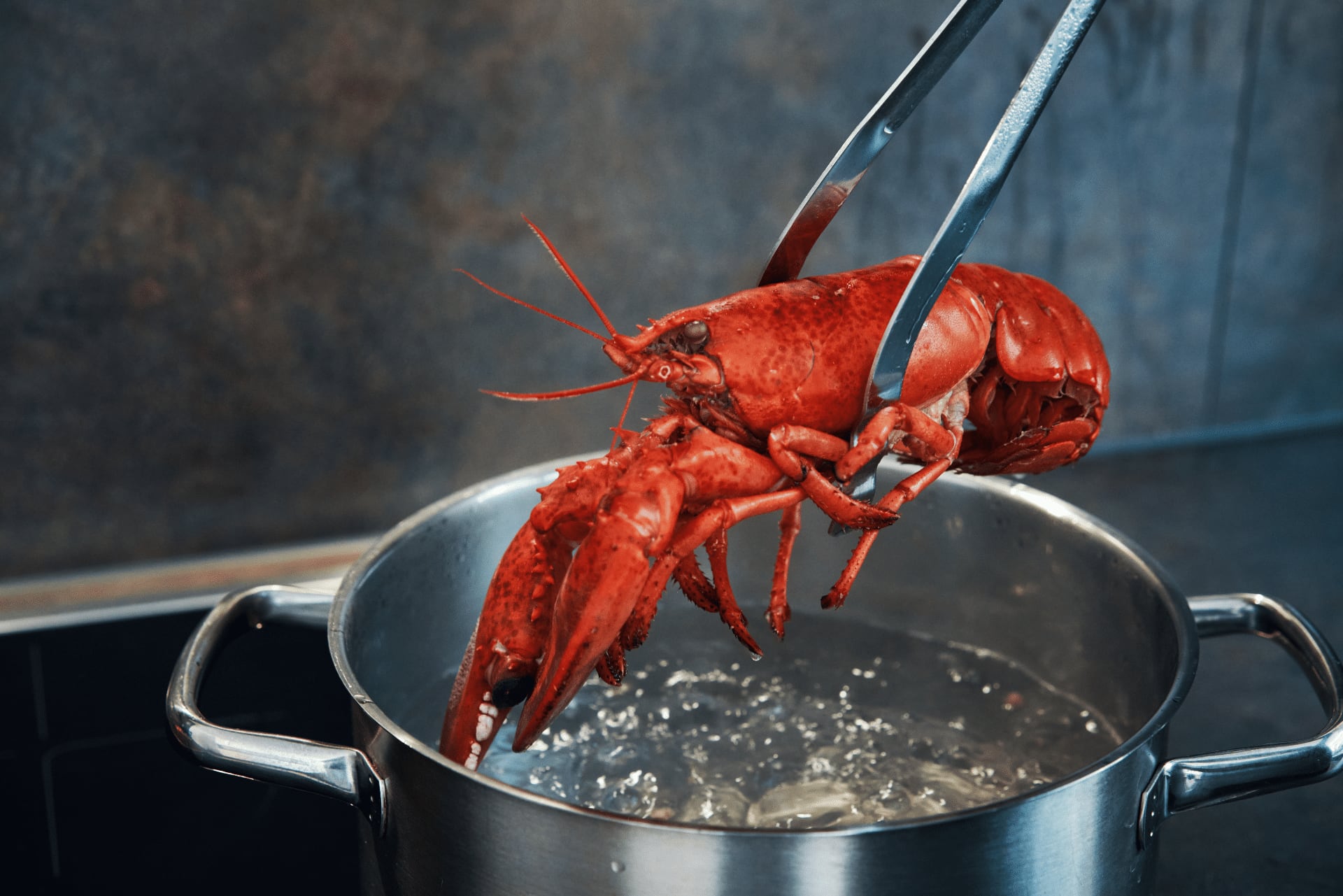
Scientific evidence has revealed the capacity of decapod crustaceans (crustaceans belonging to the order Decapoda, literally meaning “ten-footed”) to feel pain and to suffer but many practices commonly adopted in the food industry (which include injuries, mutilations, sudden changes in temperature, and inadequate maintenance parameters) do not respect the welfare of these animals, and are in fact painful to them.
Whilst we do not support the use and consumption of decapod crustaceans as food, in the meantime it is urgent that the law adapts so that lobsters, crabs, and other decapod crustaceans can be adequately protected , and that the pain that they are forced to endure is minimised as much as possible.
With this project, we want to introduce laws for the protection of decapod crustaceans in Italy, thus reforming part of article 9 of the Constitution of the Italian Republic that states that ‘the law of the state regulates the ways and the forms of animal protection’.
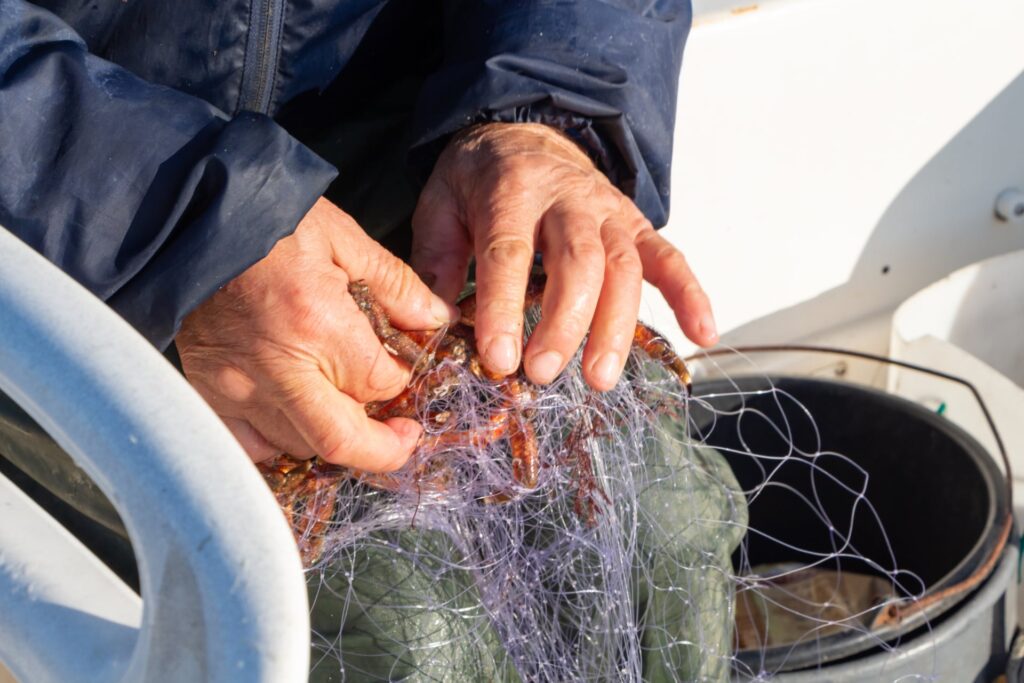
This fishing method has a high rate of mortality and injuries.

The limbs of decapod crustaceans can get caught in the netting and detach from the animal’s body.
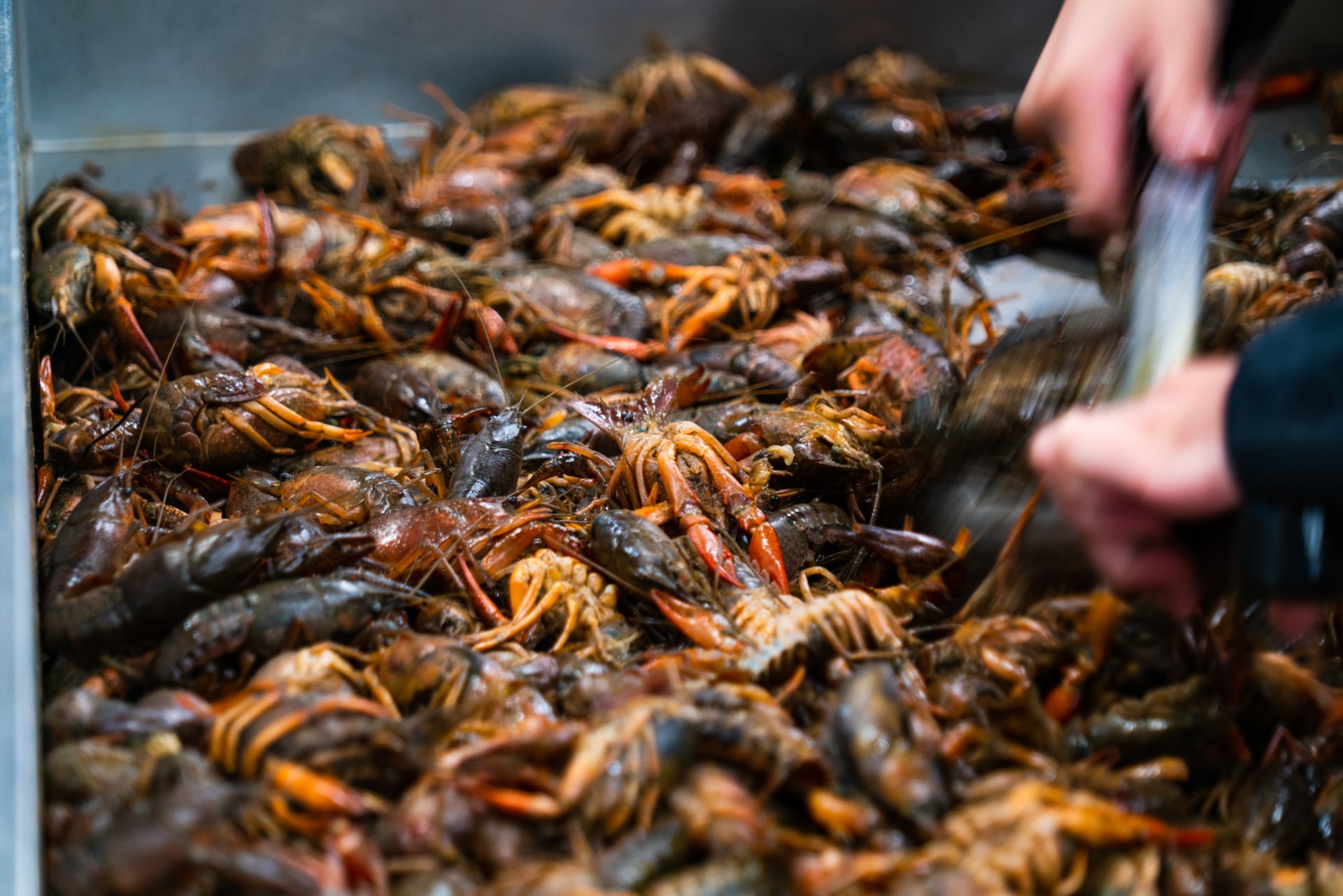
Improper handling of decapod crustaceans by inexperienced or inadequately trained personnel can cause considerable damage to the bodies of these animals, as well as death in the worst cases.
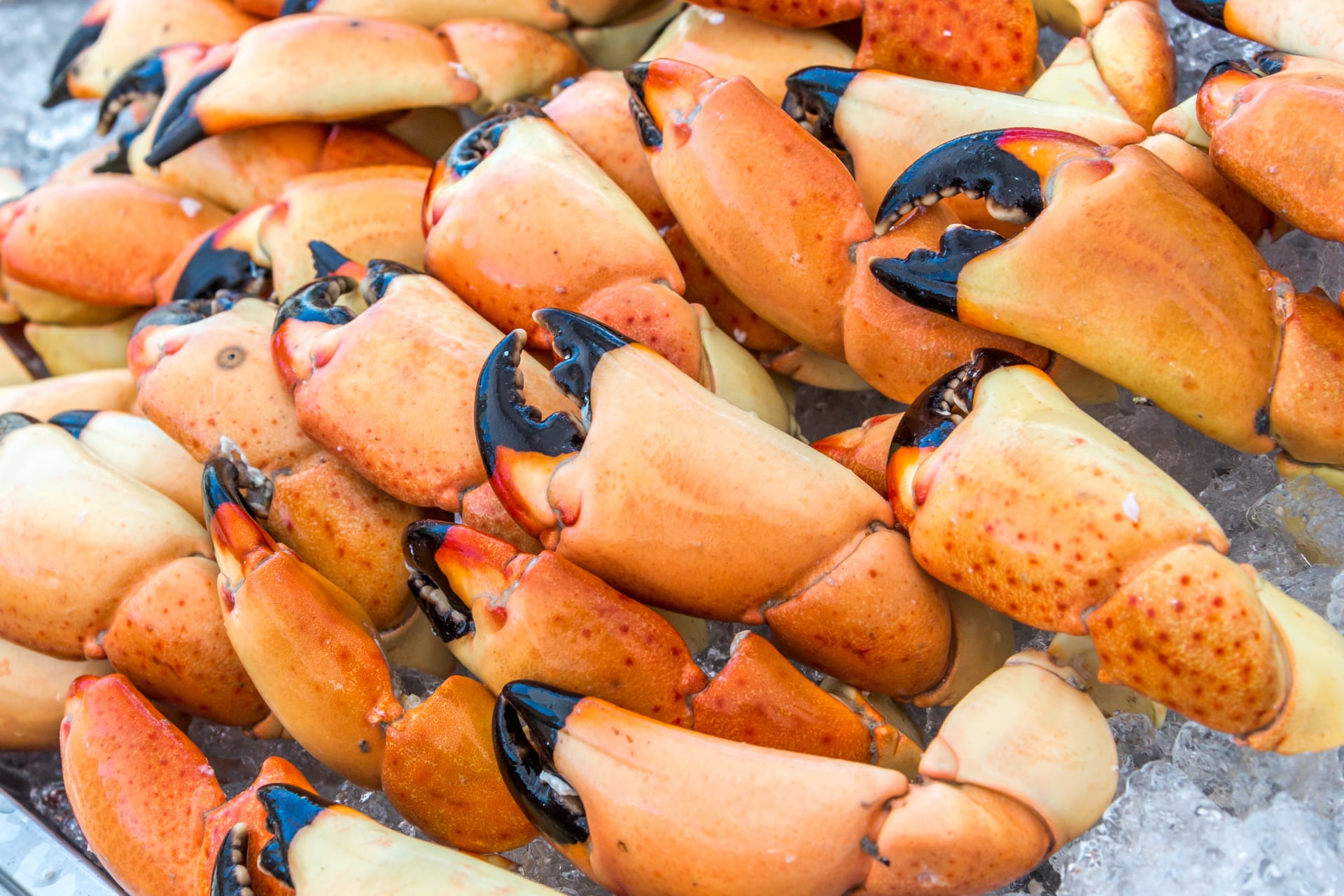
This procedure involves the removal of one or both claws before returning the animals to the water, causing pain and compromising their health.
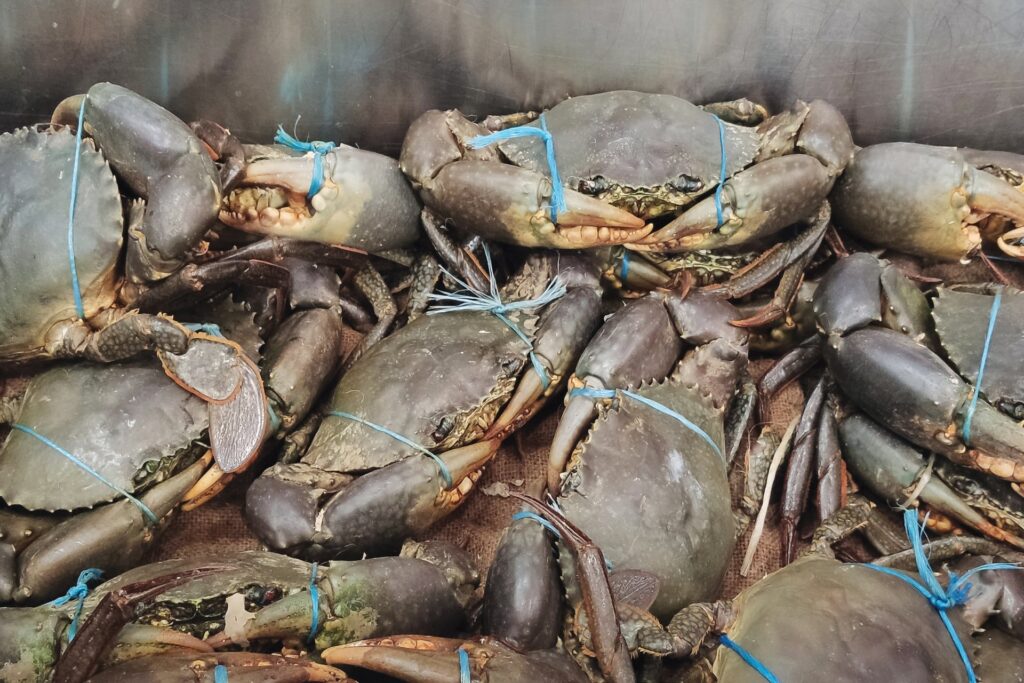
Containers generally used for the transport or storage of decapod crustaceans may not be resistant to shock and pressure, and the animals may be stacked on top of one another at high densities, a practice at odds with their behavioural needs.
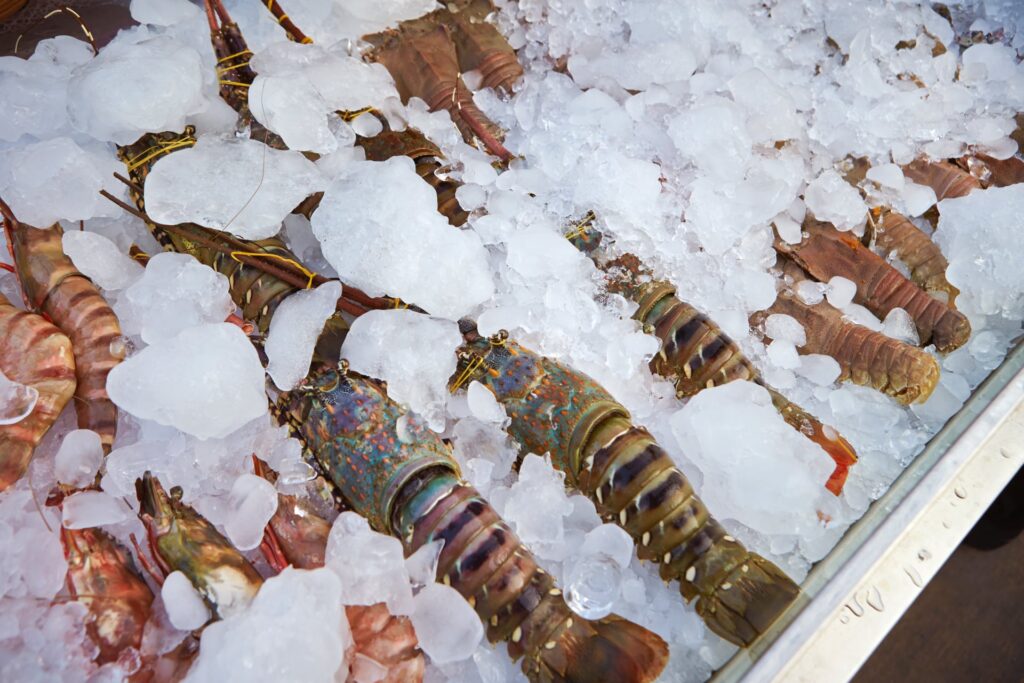
In nature, almost all species of decapod crustaceans (with the exception of some species of shrimp found in polar regions) live in waters that never drop below 2°C. In fact, temperatures lower than 2°C render almost all species of decapod crustaceans unable to move, a state known as ‘torpor’.
Evidence also points to the fact that these animals possess cold-sensitive neurons, and a report by the Sea Fish Industry Authority of the United Kingdom has indicated that sudden exposure to ice can stress and in some cases lead to the death of these animals. By applying the precautionary principle, Italian law has determined that keeping live crustaceans directly on ice is a form of animal abuse and therefore a crime, since, on a commercial level, there are alternatives available that allow these animals to be kept in oxygenated aquariums, at temperatures better suited to their needs.
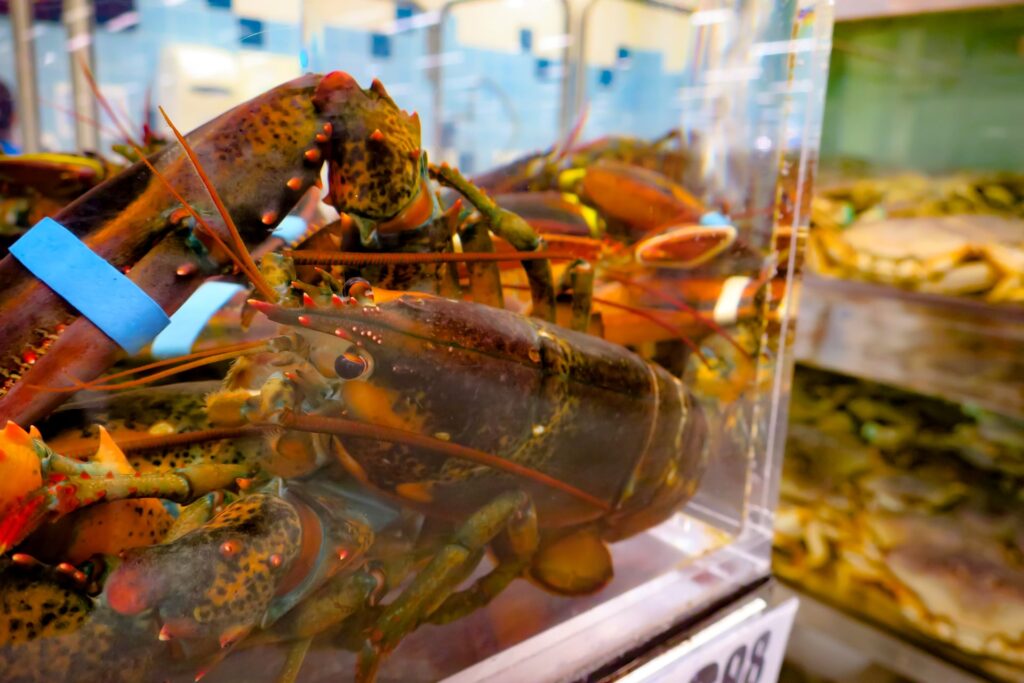
In their natural environment, lobsters and crabs spend most of their time in the dark, usually under rocks and away from direct light. However, the tanks used for keeping these animals in shops and restaurants are generally bare and without shelter for the animals, which in turn are also exposed to strong, direct lighting.
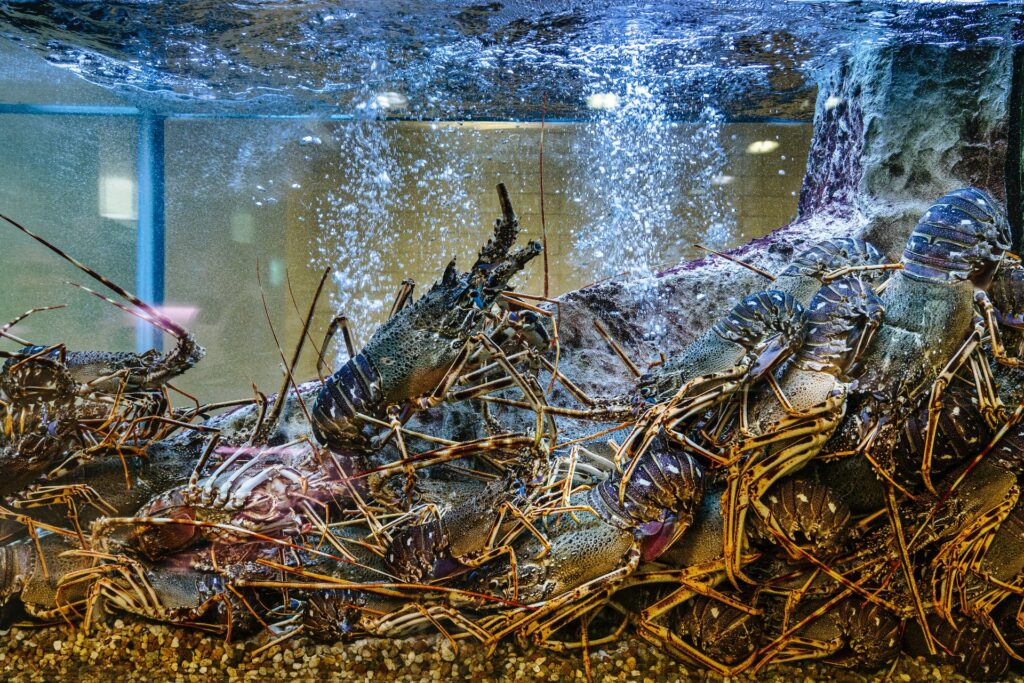
Many commercially important decapod crustacean species, such as spiny lobsters, lobsters, and crabs, are solitary and highly territorial animals, but are often placed with other individuals at high stoking densities.
This practice involves cutting the tendons of the claws in order to prevent their movement, and is a widespread practice in the fishing of the brown crab (Cancer pagurus), whose claw morphology does not allow them to be immobilised with rubber bands. This practice causes pain to the animals and irreparably compromises their health and wellbeing.
Water temperatures outside the range tolerated by these animals are often used.
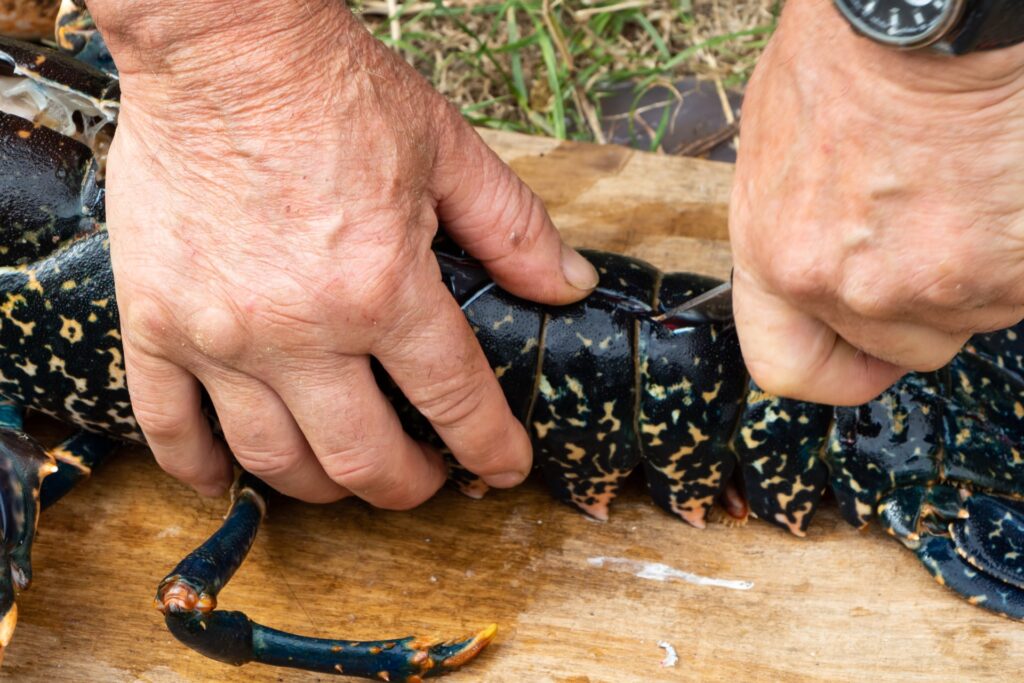
There are several inappropriate slaughter practices commonly performed on these animals, such as dismemberment, immersion in boiling water, and freezing whilst still alive and conscious.
Although not all of these problems currently find a viable solution that can guarantee the effective protection of these animals, some of them have already been addressed by legislation in various countries around the world.
The global use of decapod crustaceans for human consumption keeps on growing, and the fishing of these animals globally is growing faster than that of any other animal group. However, with the exception of some countries, globally decapod crustaceans remain completely neglected regarding their protection during the various phases that lead to their production, despite the fact that science has provided plenty of evidence of the fact that they are sentient, meaning that they can experience sensations including pain and suffering.
Countries where action has been taken to introduce specific norms in favour of decapod crustaceans used in the food industry are: Italy, Switzerland, United Kingdom, Norway, Australia, New Zealand. These norms were implemented to safeguard decapod crustaceans during the many deleterious practices to which these animals are subjected to globally, which comprise all stages of production, namely capture or farming, storing, transport, and slaughter.
Switzerland and New Zealand are the two countries with the most stringent regulations for the protection of decapod crustaceans; these two countries contain targeted rules to minimise their suffering during the various stages of production. In Austria and Norway, there are several regulations that mention decapod crustaceans, however these appear to be mostly made of rules aimed at minimising the death or the injury of the animals, in most cases without specific or practical provisions for their protection.
Although the United Kingdom has effectively and explicitly declared the sentience of decapod crustaceans, in practice the animals are not afforded any protection in the various stages of production. In Italy the regulatory situation is fragmented and confusing. In fact, the regulatory system currently in place is completely inadequate to guarantee any uniform degree of protection for decapod crustaceans, as there is no unitary regulatory framework in place for the protection of these animals.
The analysis of the different regulations in place in different countries has made it possible to highlight how, especially in the case of Switzerland and New Zealand, the regulations that apply to the reduction of suffering in these animals at the various stages of production can in fact be formulated and implemented. However, taking into account recent studies that demonstrate the sentience and ability to feel pain of these animals, it is urgent and essential that the law establish binding guidelines, based on updated scientific parameters, to introduce minimum standards for the protection of these animals at the various stages of production.
The legal system of the European Union is one of the most advanced regarding the protection of animals used in food production. However, none of the animal welfare regulations and directives apply to decapod crustaceans, which include many of the crustaceans most commonly used in cooking, including lobsters, spiny lobsters, and most shrimp and crab species.
This means that the protections offered to other animals during the phases of transport, storage, and slaughter are not afforded to decapod crustaceans.
Although the European Food Safety Authority (EFSA) itself has recognised that decapod crustaceans are sentient beings, to date these animals are devoid of any standard of protection by European law.
Council Regulation (EC) No 1099/2009 sets the rules to be followed during animal slaughter operations, with the aim of minimising their suffering. However, the definition of ‘animal’ completely excludes aquatic animals other than fish, for which the afforded protections are in any case ineffective, insufficient, and inadequate. Therefore, rules such as those that impose preventive stunning prior to slaughter do not apply, and there is a complete lack of provisions that explain in detail which slaughter techniques to use to ensure that these animals suffer as little as possible.
Similarly, Council Regulation (EC) No 1/2005 sets the rules to be followed during the transport of live animals; however, according to the definition offered by the regulation, only vertebrates qualify as “animals”. This effectively excludes decapod crustaceans from the scope and protections offered by the regulation.
Decapod crustaceans are thus subjected to a total exclusion from the field of application of animal welfare regulations in Europe, remaining without any effective protection afforded to them. This means that they may be victims of practices that are highly detrimental to their health and wellbeing, such as wounding and mutilations during capture, confinement in small spaces and often out of the water, and at temperatures well below or above those tolerable to them, and at the end slaughtered in ways that cause them enormous suffering, such as being dismembered or boiled alive whilst still conscious.
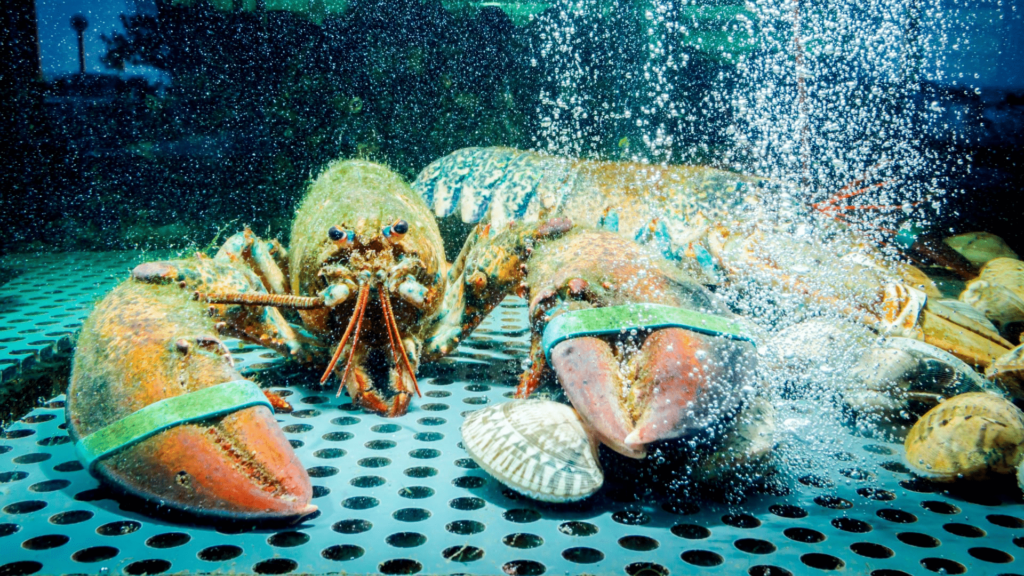
In Italy, the law does not set any minimum rules for the protection of these animals. Not only is a unitary national discipline missing, but several Municipalities have introduced Regulations which, in an attempt to introduce obligations on the local territory relating to the protection of these animals during their commercialisation and sale in restaurants, have resulted in fragmented, inadequate norms that are difficult to apply.
In Italy, the storing of decapod crustaceans in conditions that are incompatible with their nature and that produce serious suffering can be considered a crime. Although the law does not protect these animals, some judges have long recognised the need to protect them from practices that are incompatibile with their nature.
On 17 January 2017, the Supreme Court of Cassation (Cass. Pen., Sez. III, n. 27173/2016) rejected the appeal filed against a sentence of the Court of Florence, which had sentenced a restaurant manager to a fine of €5,000.00, in addition to €3,000.00 in compensation, for having kept live decapod crustaceans in a refrigerated cell with their claws tied, thus in conditions incompatible with their nature and that were causing them to suffer. This case constitutes an important precedent for the protection of decapod crustaceans in Italy, as it established that certain storage conditions of these animals do not fulfil their welfare needs, and could constitute a criminal offense.
The case of 2017 was not the only one of its kind. On 13 May 2019, following a report by some customers, the police arrived at a restaurant in the eastern suburbs of Milan, finding there a lobster that was still alive, with its claws tied, and placed on ice in a plastic tray, inside a refrigerator. Prosecutor Sara Arduini asked for a fine of €2,000.00, against which the restaurateur objected, requesting the application of the probation. The judge finally sentenced the restaurateur to three months of community work at one of the shelters of the City Angels, a group of street volunteers who help the homeless and people in need.
These two court cases show how, despite the Supreme Court of Cassation having already established that keeping decapod crustaceans on ice constitutes a crime, to date there is no national regulation in Italy that effectively protects these animals from practices incompatible with their nature.
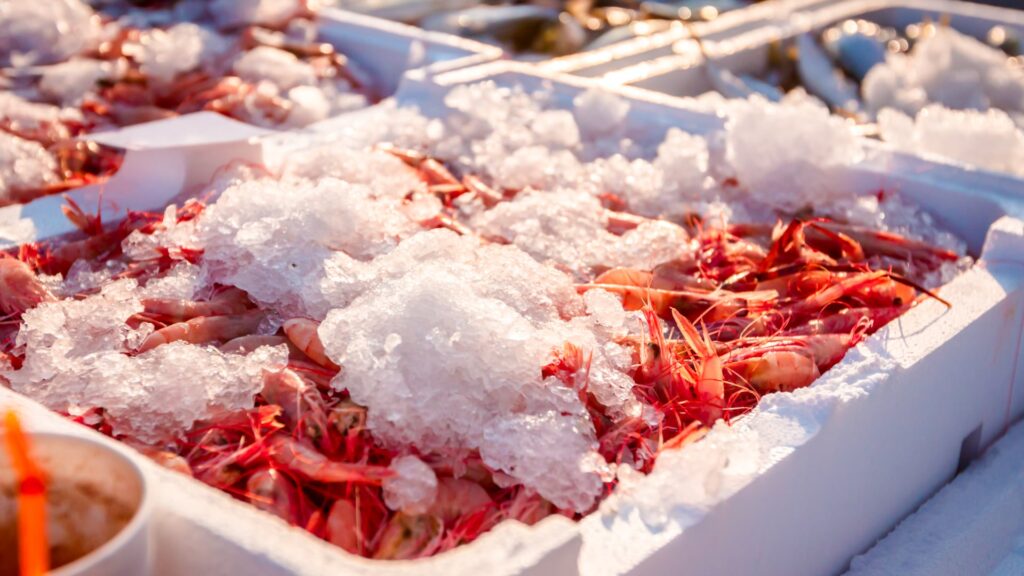
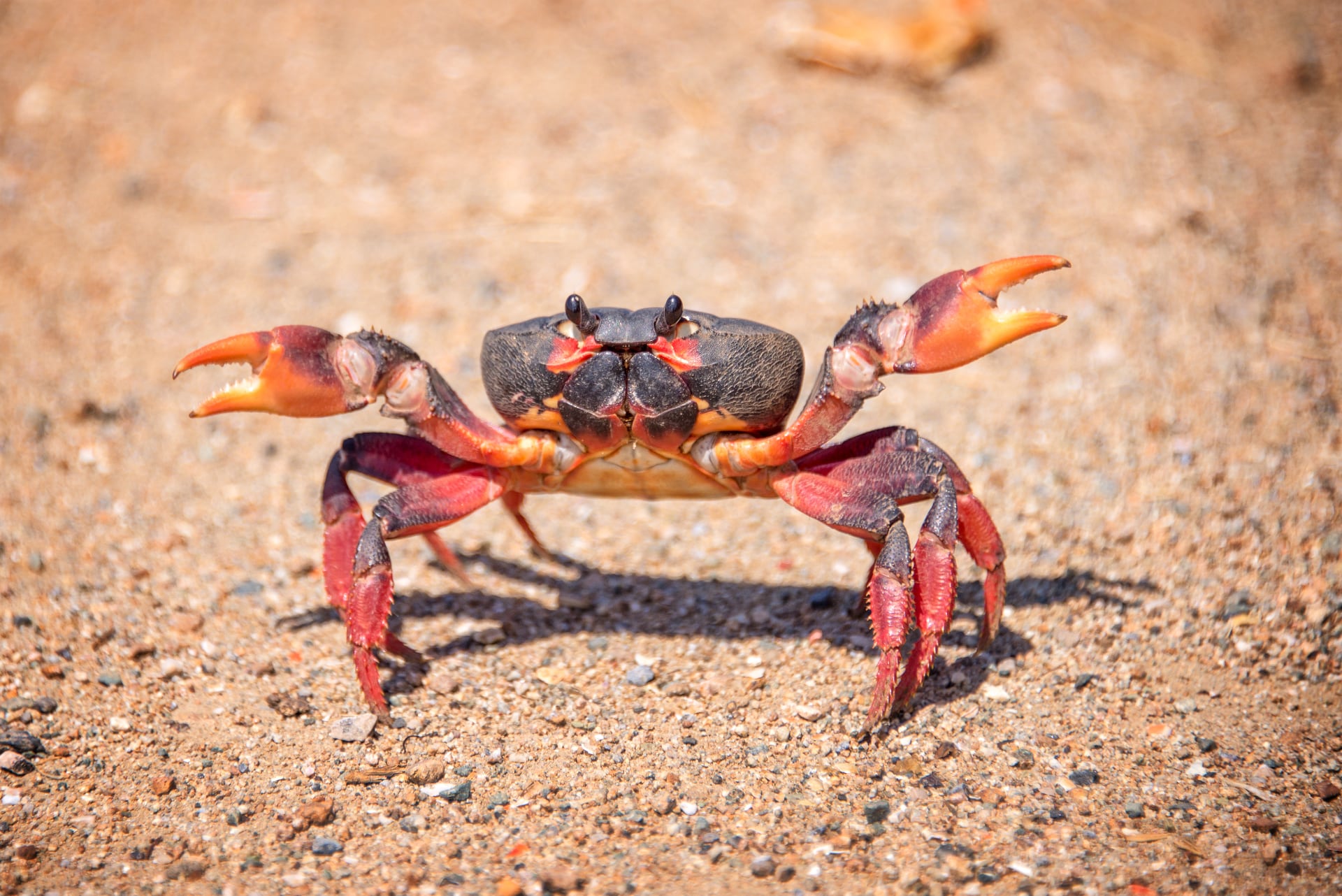
We are actively working on the following topics:
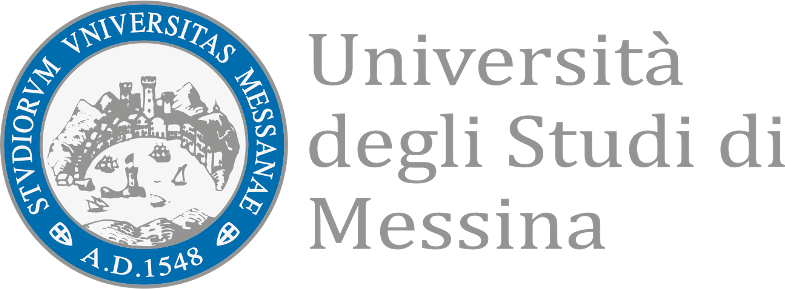
We are collaborating with Annamaria Passantino, Professor of Veterinary Legal Medicine, Animal Protection and Deontology at the Department of Veterinary Sciences of the University of Messina, author of over 350 publications related to animal welfare and protection, as well as co-author of multiple articles on decapod crustaceans.

Association founded in Genoa, Italy in 1993 and currently found in several Italian regions. For 30 years the Institute has been publishing information – in collaboration with the National Bioethics Committee of the Prime Minister – on animal bioethics, dealing with the moral, social, and juridical aspects of the relationships of human beings with other species. The Institute fully supports our initiative aimed at increasing the awareness in institutions and citizens on the issue of protecting decapod crustaceans in Italy.
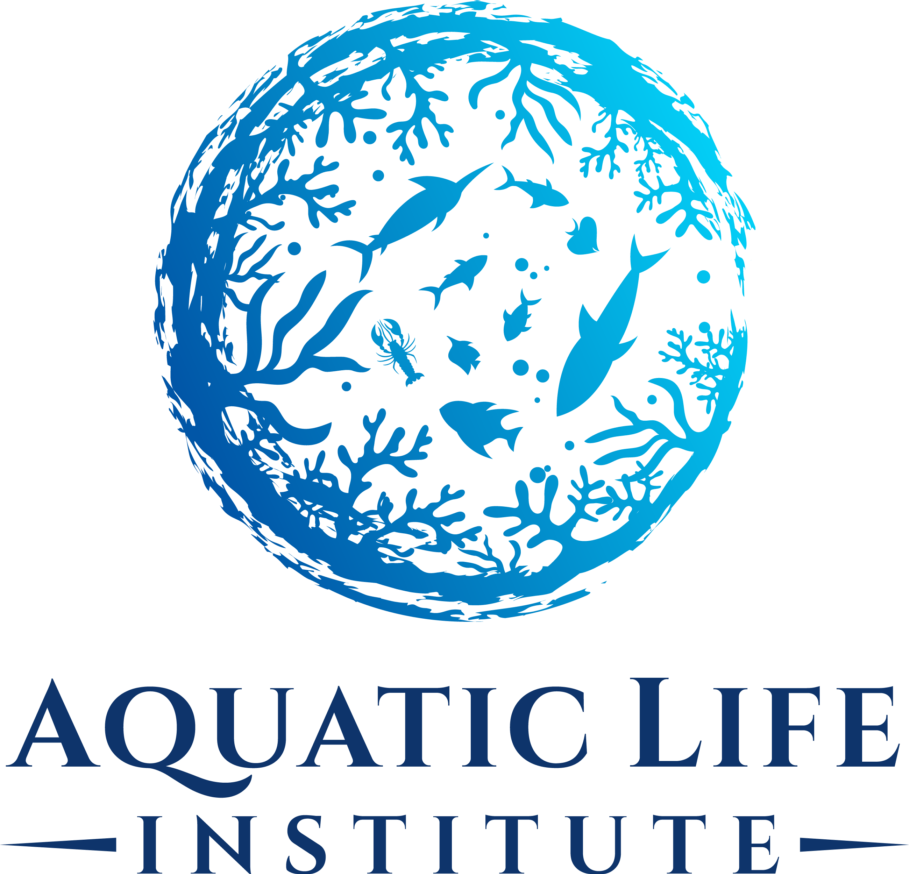
The Aquatic Life Institute (ALI) is an organisation that researches and advises on the welfare of aquatic animals, seeking to support activities that bring positive change, whilst focusing on higher impact welfare interventions on a global scale. ALI is also responsible for the creation of the Aquatic Animal Alliance (AAA), a coalition of organisations that believe that aquatic animals should live lives free of suffering. The Aquatic Life Institute fully supports our project and will support us in its dissemination.
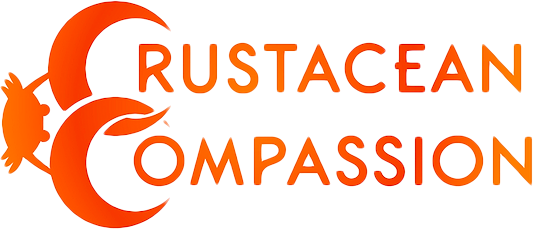
We are actively collaborating with the British organisation Crustacean Compassion, whose mission is the implementation of legislation for the protection of decapod crustaceans in the United Kingdom. Crustacean Compassion was the organisation responsible for setting in motion the process that led in 2022 to the clear recognition of decapod crustaceans and cephalopod molluscs as sentient beings in the United Kingdom.

Following a market analysis of the situation in Italy on the treatment of decapod crustaceans in the fishing industry, carried out in cooperation with the fishery market analysis organisation Eurofishmarket, several questions in the form of surveys will be presented to representatives of the fishing industry in Italy. This analysis will result in the creation of a detailed report concerning the treatment of these animals in the fishing industry in Italy.
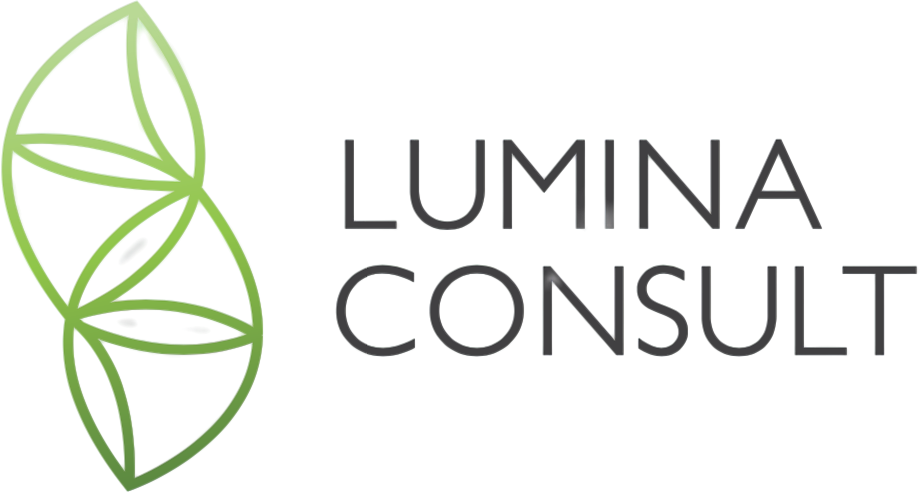
Consulting company based in Brussels that supports non-profit organisations in defining winning strategies to achieve change, through the involvement of key representatives and networking.
La tutela offerta ai crostacei decapodi all’interno degli ordinamenti analizzati nel report di ALI “Crostacei Decapodi: tra diritto e scienza” (prossima pubblicazione) in Europa e Oceania.
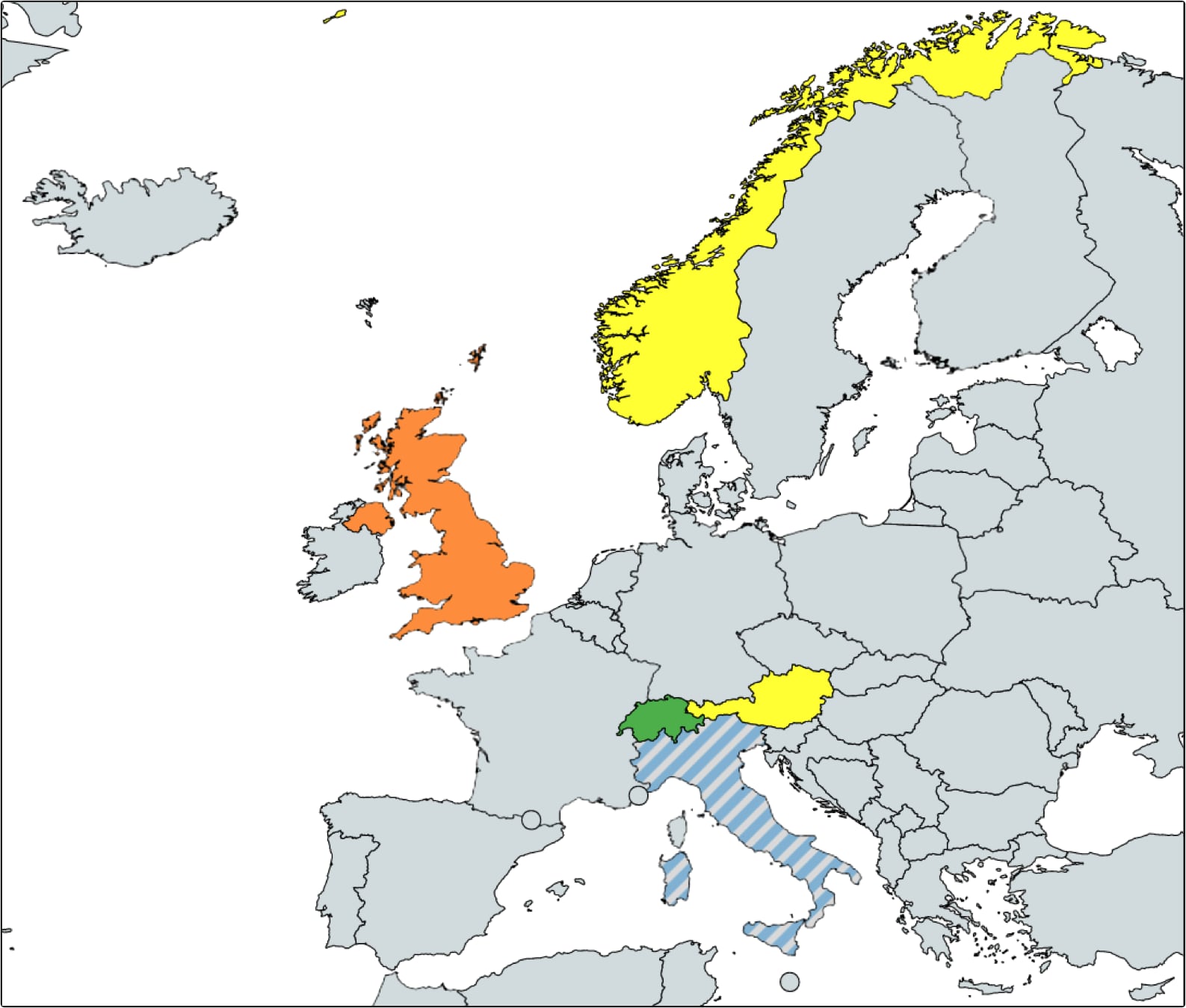
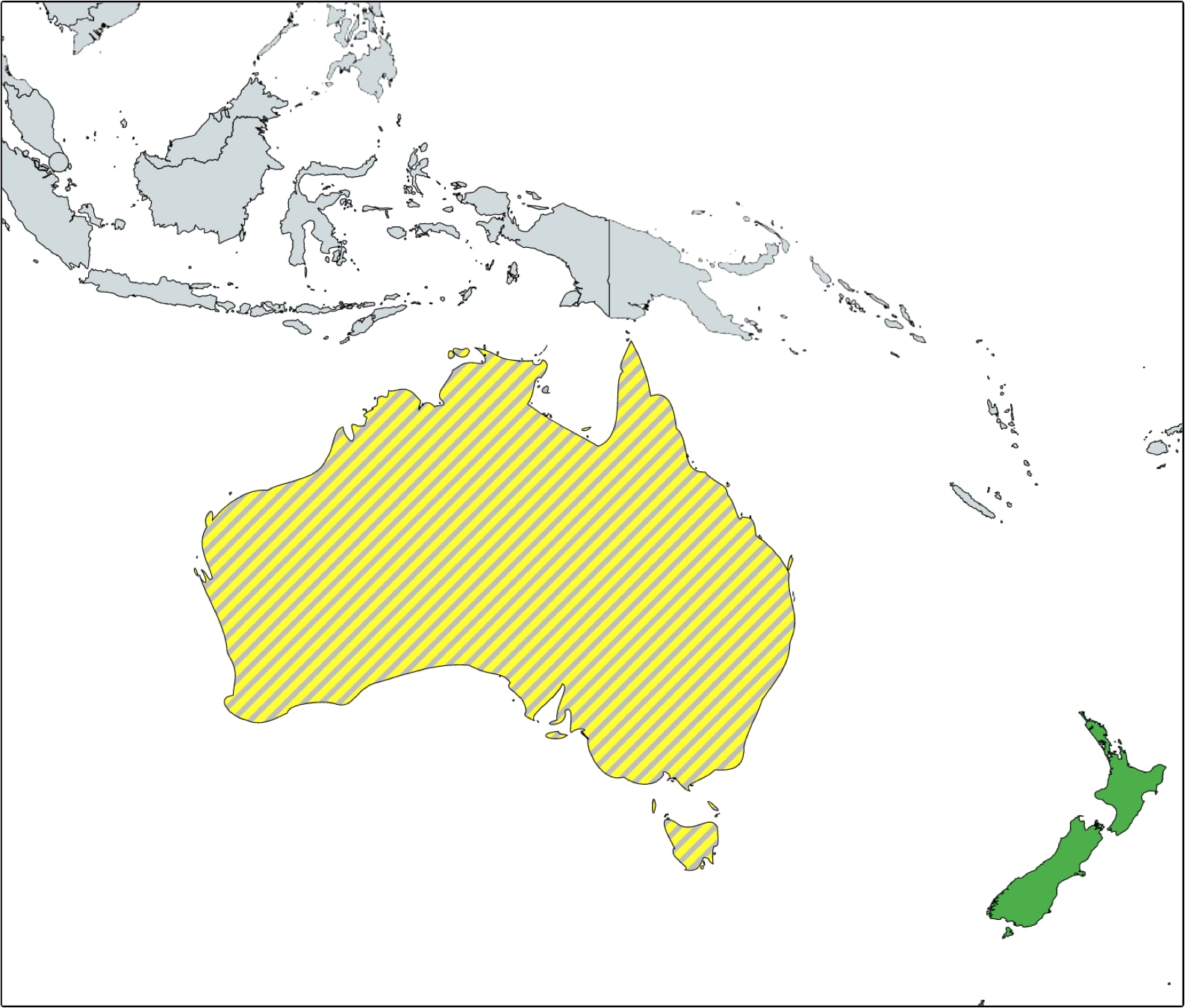
The protection offered to decapod crustaceans within the legal systems analyzed in our report “Decapod crustaceans: between law and science” (forthcoming publication) in Europe and Oceania.

